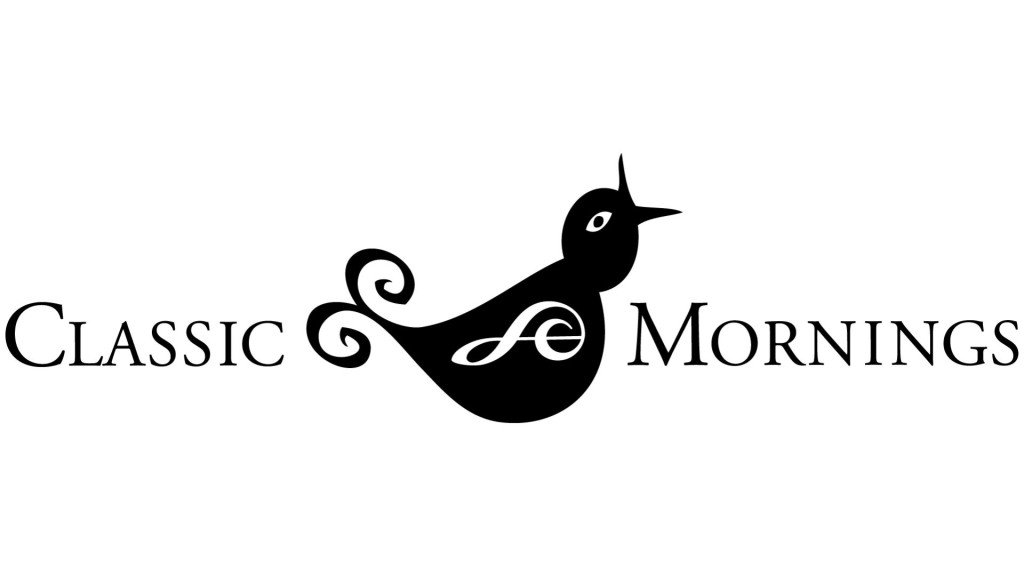When BWV Met RV

It happens every March. This year was no exception.
March 4 seems to invite that play on words: “march forth.” Unfortunately, there’s no clever way of saying that it’s the day composer Antonio Vivaldi was born in 1678.
March 21 generally suggests the first day of spring, though the actual date varies. This year, because it’s “leap year,” spring arrived on March 19. But every March 21, we celebrate the birthday of Johann Sebastian Bach.
There’s something noteworthy beyond the coincidence of the Vivaldi and Bach birthdays occurring during March. Bach, who was born in 1685, came to know the music of Vivaldi and to arrange some of that music for keyboard instruments. According to Vivaldi scholar Michael Talbot, when Vivaldi’s music fell into “virtual oblivion,” it was Bach’s arrangements that led early 20th century scholars to explore the works of the Venetian composer.
The Vivaldi-Bach connection was celebrated recently by the Italian early music ensemble Concerto Italiano. In 2022, the group released a double CD titled Vivaldi Bach (Naïve 7367). It recently came into the Friends of WILL Library. It includes the 12 concertos by Vivaldi known as L’estro armonico.
Rinaldo Alessandrini is the founder of Concerto Italiano, as well as the group’s harpsichordist and organist. He explains in the recording notes that that the title L’estro armonico suggests “poetic fury” or “impulse of the faculty of imagination.” It was Vivaldi’s first set of published concertos, and received with great enthusiasm. Originally appearing in Amsterdam in 1711, reprinted editions were published in England and France up to the middle of the 18th century.
The 12 concertos were presented in four groupings of three concertos. Each contains a concerto for four violins, one for two violins, and a concerto for solo violin. Alessandrini rotates his four violin soloists so that they have the chance to be the first or “lead” violinist for one of the groupings. In the ensemble’s recording of Vivaldi’s “Four Seasons” concertos years ago, he also featured different soloists in each of the concertos.
L’estro armonico attracted the attention of Bach, who made arrangements of six of the concertos. He arranged three for solo harpsichord and two for solo organ. He also turned one of Vivaldi’s concertos for four violins into a concerto for four harpsichords and strings. Alessandrini welcomed three guest harpsichordists to assist him with Bach’s version of that concerto. The recording provides the Bach catalog (BWV) numbers of the arrangements, as well as the original Vivaldi catalog (RV) numbers of the works.
As Bach was inspired by Vivaldi, Alessandrini observes that Vivaldi was paying tribute to other composers of his time, including Tomaso Albinoni and Arcangelo Corelli, making use of some of their ideas, but in an innovative way. He adds that Bach’s transcriptions - a common practice of the time - weren’t simply note for note. Bach also took them in new directions, in line with his own style and sensibilities.
This year marks the 40th anniversary of the founding of Concerto Italiano. I noticed online that in June, the ensemble will begin a 40th anniversary tour in Rome. And the tour will feature Vivaldi’s L’estro armonico. The music of Vivaldi has been an important part of the group’s repertoire from the outset. In a 2008 Playbill interview, Alessandrini was most enthusiastic about exploring more and more of the unknown music by Vivaldi.
Our celebration of Bach’s birthday wasn’t limited to his arrangements of Vivaldi. Harpsichordist Mahan Esfahani has a new Bach recording, as part of a project to record all of the works Bach wrote for that instrument.
His newest release features the French Suites of Bach (Hyperion 68401-02). There have been many recordings of those. But Esfahani stresses that it’s not as simple as recording six keyboard suites. Those works exist in a variety of manuscripts. And there are differences among them. Some include additional music. Was that written by Bach? Was it added by students of Bach? If so, did they have the composer’s approval?
He apologizes for being overcautious when approaching the various manuscripts. He admits in the recording notes that he’s included suites that may or may not have been written by Bach. But in the event that scholars determine with certainty that Bach did write them, he can say he recorded them. That’s covering all bases.
Esfahani has established himself as a champion of the harpsichord, hoping to entice new audiences with his playing. He’s a scholar of the instrument as well. When the avid performer meets the meticulous scholar, that can be as exciting as Bach having made the music of Vivaldi his own.
And when you meet up with us for Classic Mornings, it makes the hours all the more special. Tune in Monday through Friday from 9-noon on FM 90.9 or online at will.illinois.edu.

